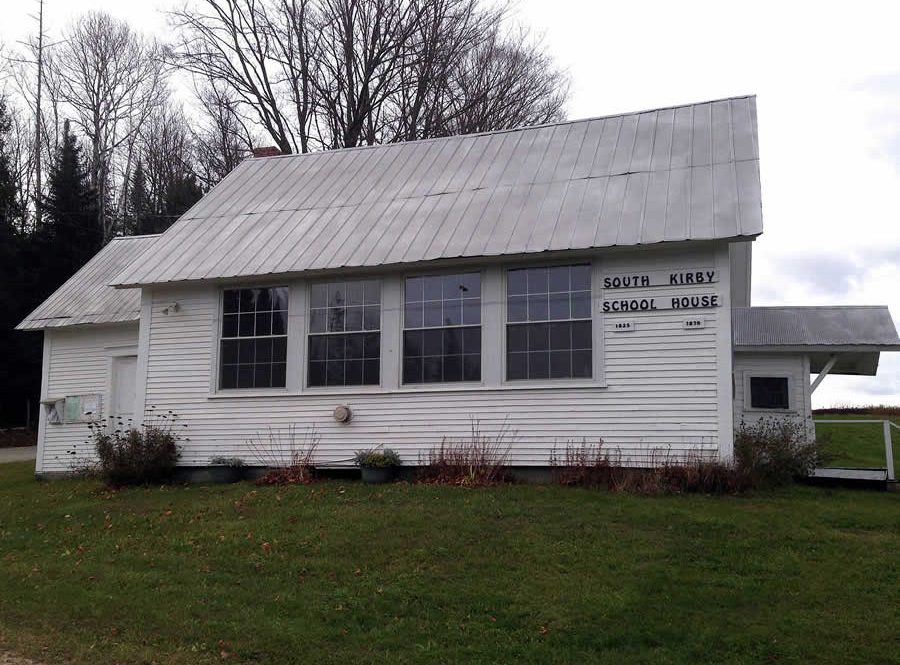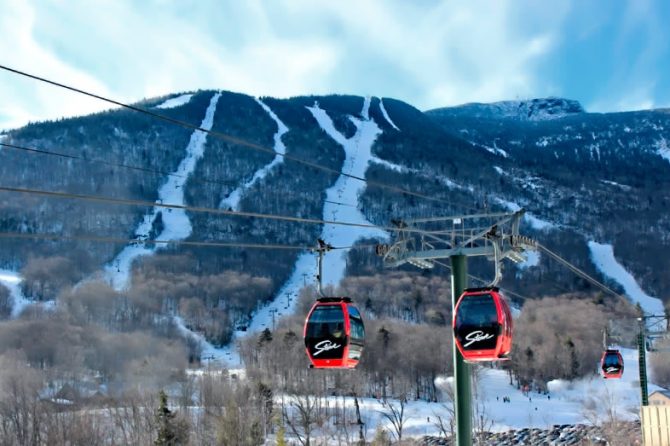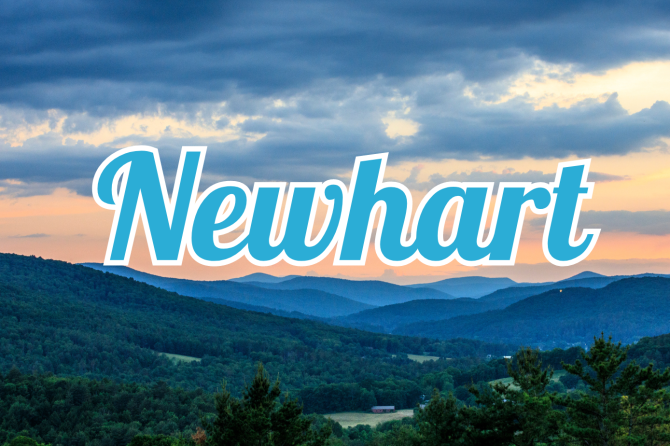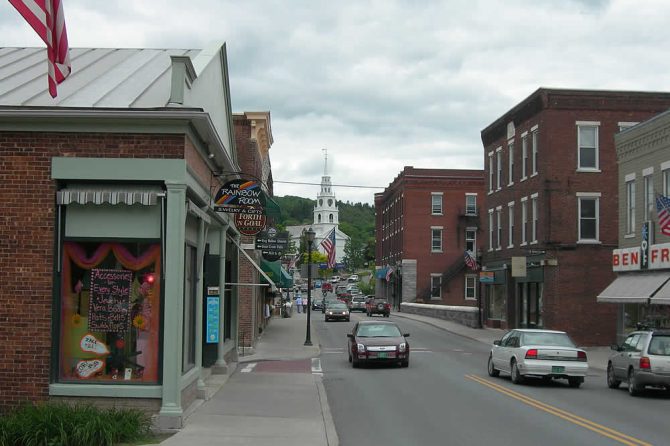A Few Characteristics
Burke, Victory, Concord, St. Johnsbury and Lyndon border Kirby, VT in Caledonia County. The Town is located in the northeast section of Vermont, known as the Northeast Kingdom. Kirby consists of approximately 15,000 acres, about half the size of a typical Vermont town. It is located at an altitude of 1260′, and is located at 71E 54N W, 44E 28N N. The population peaked in 1840 at 520 residents. The current population is 384, and Kirby has 156 year round housing units and 46 seasonal units (U.S. Census of Housing and Population Estimates, 1995). Kirby has the shape of an arrowhead; a result of being formed from a piece of Burke and a town called Hopkinsville. Kirby is a farming community and has no trading center or village.
Civic Structure
Hopkinsville was charted by the Vermont legislature on October 27, 1790 to Dr. Roswell Hopkins. For many years Dr. Hopkins was the Clerk to the Governor and of the Council, serving without pay. In lieu of salary, Hopkins was granted the charter, but there is no indication that he benefited from the grant. When first chartered, Burke contained more acres than most Vermont towns and had a strangely shaped point of land on the southern border called Burke's Tongue. On October 28, 1807 Burke's Tongue was added to Hopkinsville (also called Hopkins Gore, Hopkins Grant, and Hopkintonia) and incorporated as Kirby.
The closest thing to a village in Kirby is an area in the extreme southern part of town where two roads coming from Concord meet at a kind of double four corners. In the mid-1800s, this hamlet had a church, a school, a cemetery and a few houses. The cemetery is still there as well as the empty schoolhouse. In the northern part of town there is another cemetery and the Town Office Building. At one time, where two or more roads converged, the road signs indicated whose house was in which direction, rather than the location of villages. There are several named places in Kirby: Sugarhill, Mud Hollow, North and South Kirby. The residents receive their mail from the Lyndonville, Concord or the East Burke Post Offices. Telephone service is from Lyndonville, Concord, or St. Johnsbury. Electricity is from Central Vermont Public Service Co., or the Lyndonville Electric Company.
What's in a name?
The origin of the name Kirby most likely came from a surname. There were several Kirbys that served in the Revolutionary War from Litchfield, CT., the same area that was home to Ira and Ethan Allen. In the early 1800's, Seth and John Kirby submitted petitions to the Vermont legislature. Although there is no evidence that they received a charter, they may have been involved with the Hopkins Grant. On the other hand, it could have been named for one of several Kirby place names in England. There the name means a village with a church.
The first settler in Kirby was Major Benjamin Whitcomb, noted hunter and trapper.
Bodies of water
There are two tiny ponds in Kirby, namely Johnson Pond and Kirby Pond. Johnson was an early settler. Kirby Brook runs south to Concord.
Mountains
Kirby Mountain is nearly 3000′ and extends almost the entire length of the Town's northern border, which is shared by Victory.
Land Use
In 1966, the Donald Ranney farm, and, in 1978, the Glendale farm were given the “Century Farm” award. The award acknowledges 100 years of ownership of the same family.
Note: This series is available courtesy of the Center For Rural Studies, a nonprofit, fee-for-service research organization which addresses social, economic, and resource-based problems of rural people and communities. We would like to thank them for the use of this information and would like to refer you to [email protected] for additional info or comments.
Kirby schoolhouse image courtesy of Wikimedia Commons
Thank you for reading this post, don't forget to subscribe to our email list for the latest news!





